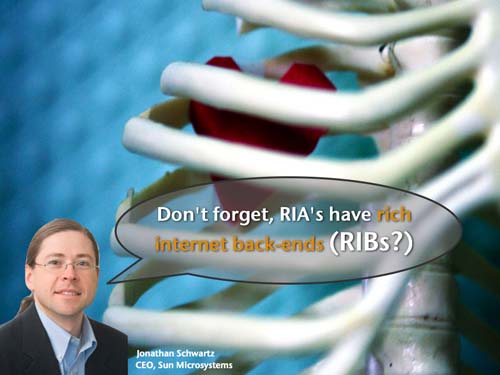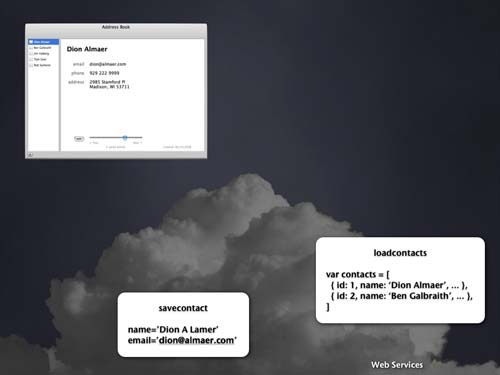
Dare is back to blogging, which I like to see. His latest piece though is about a so-called exodus of Googlers going to Microsoft.
NOTE: An exodus is:
a departure or emigration, usually of a large number of people
He notes a couple of blogs talking about a move, including Danny Thorpe and Sergey Solyanik. I am sure there are more, but an exodus is a bit rough. However, I could quite as easily discuss the number of Microsoft, Yahoo!, Apple (insert other companies) folks that I get to work with at Google. The problem is that this is meaningless. We are looking at the micro-level, through our lens working in our areas at our companies.
I am sure that in the coming week, there we will be some musical chairs at companies as large as ours. That is the way the world turns. Many people move on, they try new things, they want to work on something else etc. Especially in this day and age.
How about we get back to technology again, and look at the great work that all of these companies are doing. All the industry wants to talk about with respect to Yahoo! is some executives leaving. However, I have met with a lot of Yahoo! engineers in the last few weeks and they are working on exciting projects. Yahoo! has a LOT of users. They are a great company, born of the Web, and they never seem to get the credit their deserve. How many websites have you created with that many users? Phenomenal.
Dare, your company is doing great things too. I would be much more excited to hear more about that side of things, than employee counting. I would be much more excited to see our companies work together to progress the Web, as well as competing in various industries.
Enough SOAP opera, let’s give it a REST (sorry….). I normally don’t get into these kind of topics, but the general talk has been grating me recently, and I want to hear something fresh and new.
I have been playing with some Web technology and have been astonished at how far it has come in many ways. There is still a long way to go, and much we can all improve, but I am pretty jazzed about the technology whilst at the same time frustrated with the non-tech talk.
Maybe it is a time to get a bunch of engineers together and talk tech… maybe in Hawaii? Anyone in? :)









